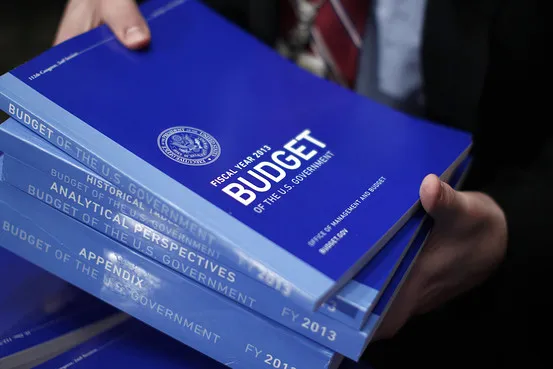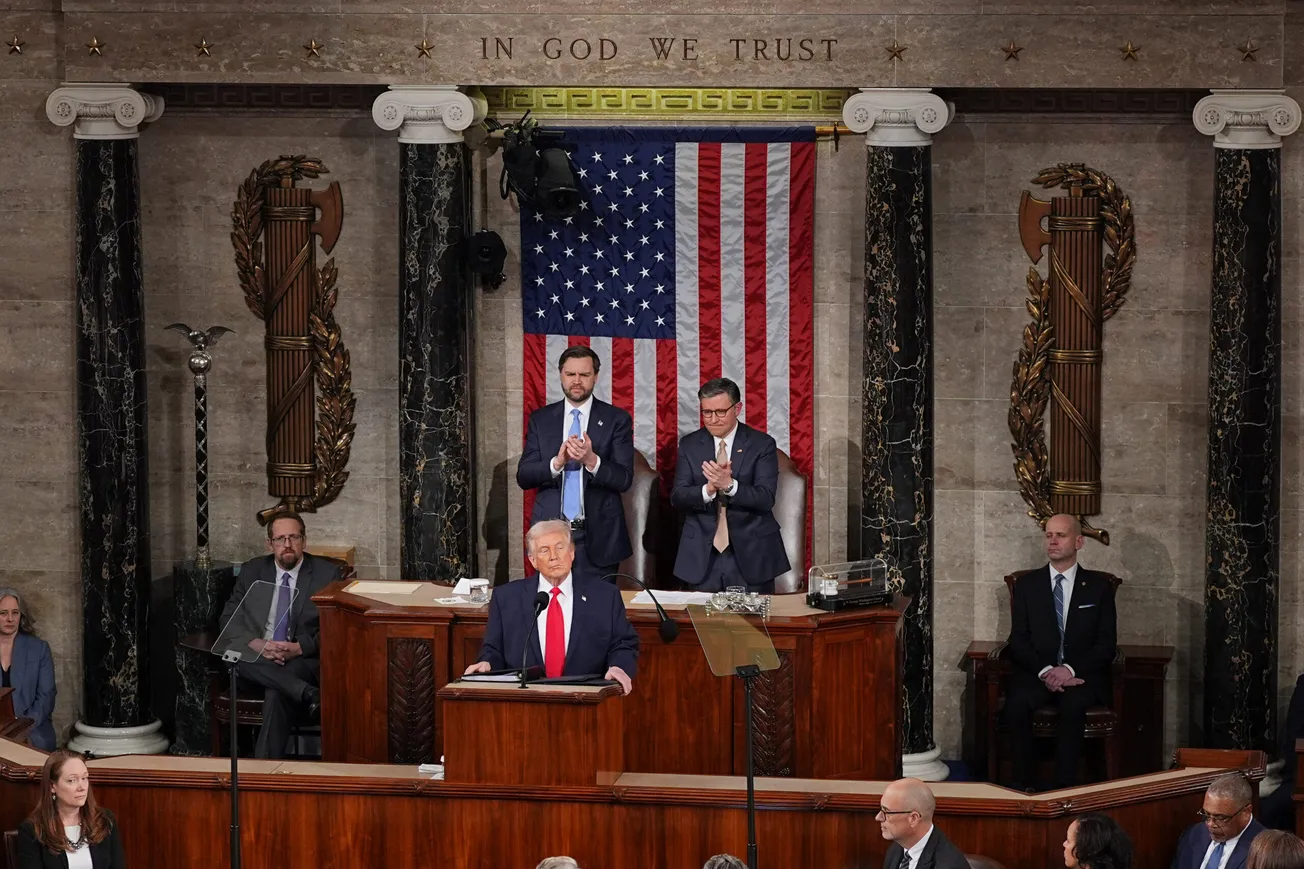Table of Contents
 First off, I suppose it’s fair to congratulate President Obama on winning the Nobel Peace Prize. That having been said, I believe that it was a huge mistake. The Peace Prize is meant to be for achievements in world peace, not rhetoric, and not, as Hoover Fellow and Freeman Spogli Institute Senior Fellow Josef Joffe said was a prize that is:
First off, I suppose it’s fair to congratulate President Obama on winning the Nobel Peace Prize. That having been said, I believe that it was a huge mistake. The Peace Prize is meant to be for achievements in world peace, not rhetoric, and not, as Hoover Fellow and Freeman Spogli Institute Senior Fellow Josef Joffe said was a prize that is:
…Europe’s revenge on George W. Bush…Closing day for nominations was Feb. 1, when Mr. Obama had been in office for less than two weeks. Not a lot of time for saving world peace.
 This isn’t the first time that the Nobel Peace Prize has been a political tool rather than actually an award for major achievements in world peace, but it’s one of the more glaring examples. Al Gore receiving the award in 2007 for his work on climate change also seemed less than kosher. Climate change has certainly been linked to conflict, but considering the number of luminaries who have worked more directly for world peace, it seems hardly clear that he should have received it.
This isn’t the first time that the Nobel Peace Prize has been a political tool rather than actually an award for major achievements in world peace, but it’s one of the more glaring examples. Al Gore receiving the award in 2007 for his work on climate change also seemed less than kosher. Climate change has certainly been linked to conflict, but considering the number of luminaries who have worked more directly for world peace, it seems hardly clear that he should have received it.
None of this criticism can really be laid on Obama for winning the prize. Unless he nominated himself, he didn’t have much control over the process. Indeed, in an email from Organizing for America, an organization that he uses to keep in touch with his base, he said:
I do not feel that I deserve to be in the company of so many of the transformative figures who’ve been honored by this prize — men and women who’ve inspired me and inspired the entire world through their courageous pursuit of peace.
But it is fair to criticize the Nobel Prize committee. Their claim that they are going “into the realm of realpolitik” rings very hollow; the prize will soon lose its luster and power if it isn’t given to leaders that have made real strides towards world peace rather than for people not being George Bush.






